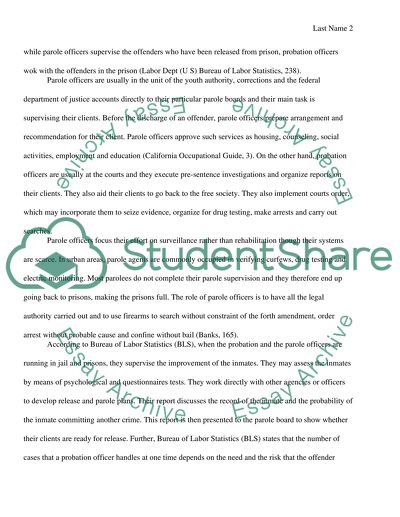Cite this document
(“Probation Officers and Parole Officers Essay Example | Topics and Well Written Essays - 1750 words”, n.d.)
Retrieved de https://studentshare.org/law/1425683-probation-officers-and-parole-officers
Retrieved de https://studentshare.org/law/1425683-probation-officers-and-parole-officers
(Probation Officers and Parole Officers Essay Example | Topics and Well Written Essays - 1750 Words)
https://studentshare.org/law/1425683-probation-officers-and-parole-officers.
https://studentshare.org/law/1425683-probation-officers-and-parole-officers.
“Probation Officers and Parole Officers Essay Example | Topics and Well Written Essays - 1750 Words”, n.d. https://studentshare.org/law/1425683-probation-officers-and-parole-officers.


